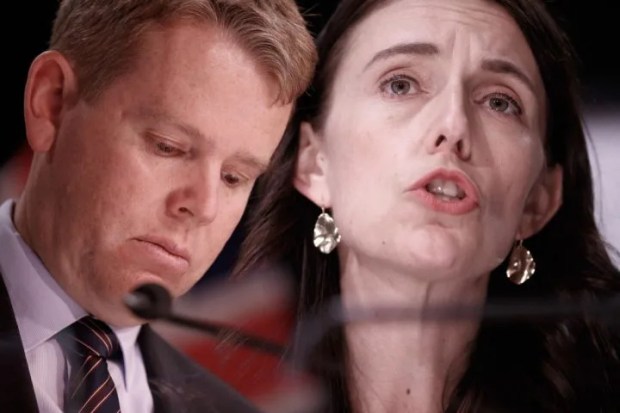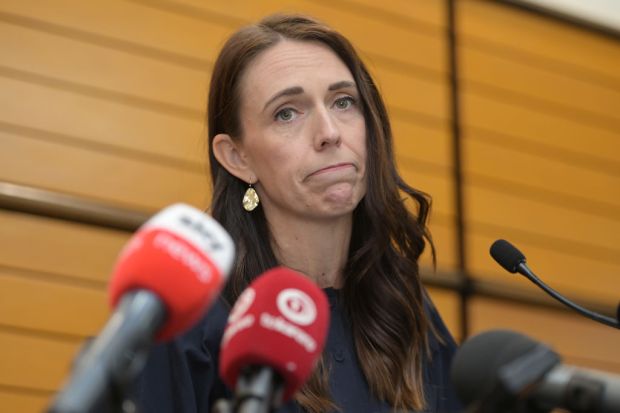New Zealand finally has a government again. It’s been 40 days since Labour was defeated in the country’s election, but the centre-right National party, which won the vote, has struggled to form a coalition. At last, it has thrashed out a deal with the libertarian ACT party, and centrist populist New Zealand First.
Already a subscriber? Log in
Subscribe for just $2 a week
Try a month of The Spectator Australia absolutely free and without commitment. Not only that but – if you choose to continue – you’ll pay just $2 a week for your first year.
- Unlimited access to spectator.com.au and app
- The weekly edition on the Spectator Australia app
- Spectator podcasts and newsletters
- Full access to spectator.co.uk
Or




















Comments
Don't miss out
Join the conversation with other Spectator Australia readers. Subscribe to leave a comment.
SUBSCRIBEAlready a subscriber? Log in